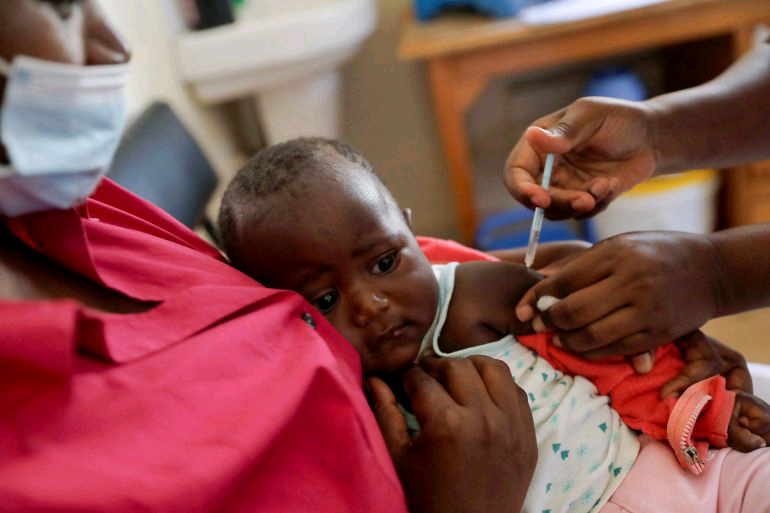
Africa is ramping up its fight against malaria, with new vaccines and treatment strategies being introduced to tackle the continent’s most persistent health challenge. Malaria remains one of the leading causes of illness and death in sub-Saharan Africa, with the World Health Organization (WHO) estimating that 200 million people are affected annually. The latest initiatives aim to reduce malaria incidence and mortality, particularly in high-burden countries like Nigeria, the Democratic Republic of the Congo, and Uganda.
One of the most promising developments is the introduction of the RTS,S/AS01 malaria vaccine, the first to show significant efficacy in preventing malaria in children. The vaccine, which has been deployed in pilot programs across several African countries, has shown a reduction in malaria cases and severe outcomes. The WHO has endorsed its broader rollout, with additional support from the African Union and global health organizations.
Alongside the vaccine, new treatment options are being implemented, including long-acting injectable antimalarial drugs that offer more convenient and effective alternatives to traditional therapies. These treatments are particularly beneficial in remote areas where access to healthcare is limited.
African governments and health agencies are also investing in mosquito control measures, such as insecticide-treated bed nets, indoor spraying programs, and new diagnostic technologies to quickly identify malaria cases. These combined efforts are starting to show positive results, but challenges remain, especially in conflict-affected regions and areas with weak healthcare infrastructure.
Experts are optimistic that these intensified efforts could bring the continent closer to the goal of malaria elimination, though sustained funding, political will, and community engagement will be crucial to success.

